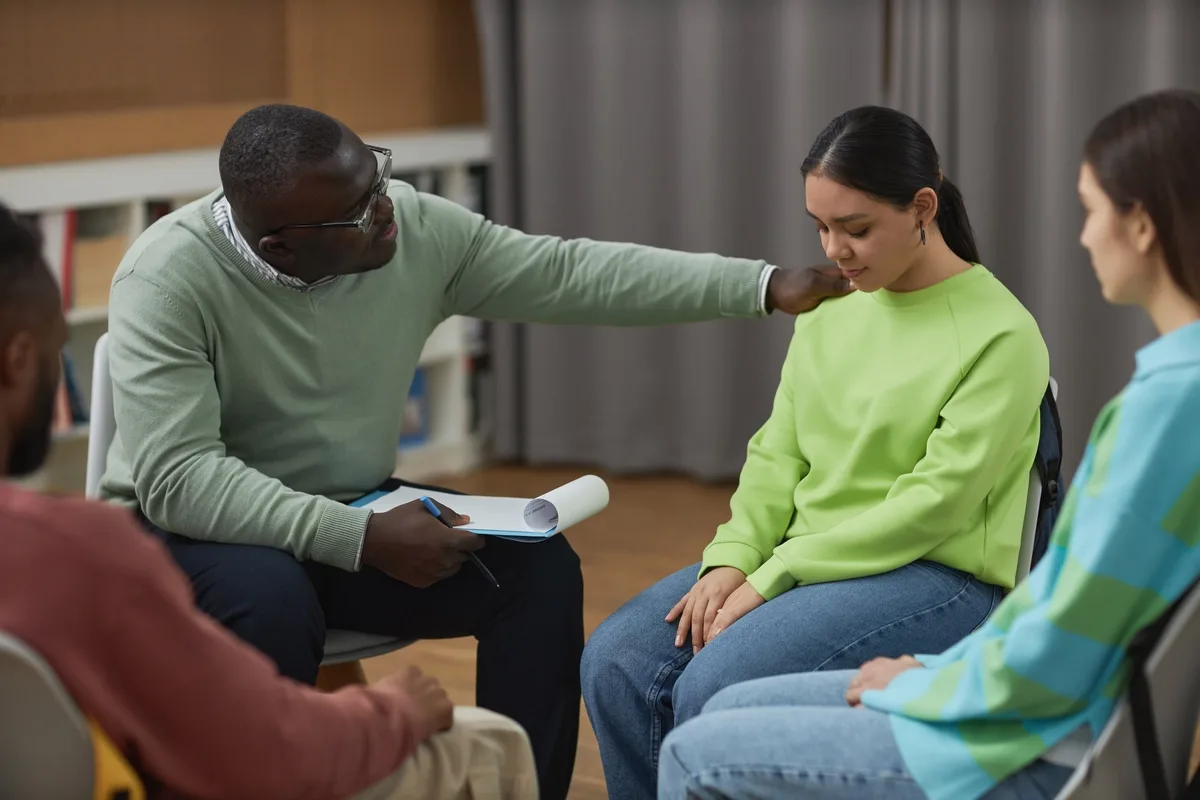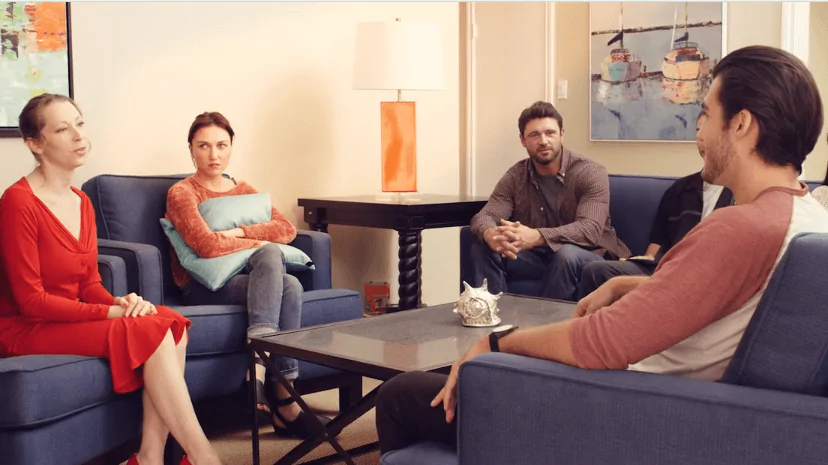24/7 Helpline:
(866) 899-221924/7 Helpline:
(866) 899-2219
Learn more about Medication-assisted Treatment centers in Granada Hills
Medication-assisted Treatment in Other Cities

Other Insurance Options

Magellan

MVP Healthcare

WellPoint

Carleon

Amerigroup

Highmark

Coventry Health Care

Sliding scale payment assistance

Meritain

Covered California

Multiplan

Holman Group

American Behavioral

UnitedHealth Group

WellCare Health Plans

Providence

Lucent

Anthem

Magellan Health

BHS | Behavioral Health Systems

Believe Detox Center
Believe Detox Center is a private rehab located in Granada Hills, California. Believe Detox Center s...















